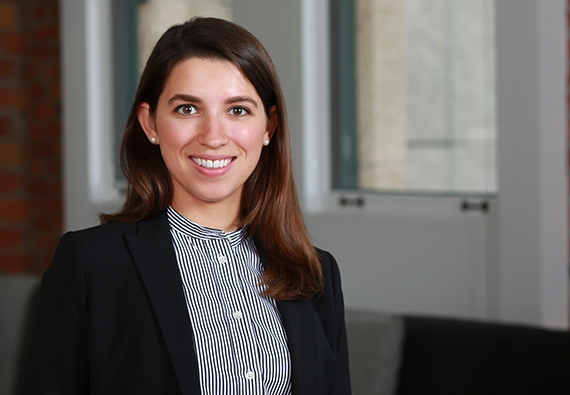New EPA Clean Water Act Rule Attempts to Streamline Permitting Process
Earlier this week, the U.S. Environmental Protection Agency finalized the “Clean Water Act Section 401 Certification Rule” (Rule). The Rule comes with significant procedural and substantive changes to the certification process for infrastructure projects.
Under Section 401 of the Clean Water Act, every applicant for a federal permit or license for any activity that may result in a discharge to a water body must request certification from the relevant state or tribe that the activity will comply with the local applicable water quality requirements.
The certifying state or tribe is obligated to respond within a “reasonable period of time” – not to exceed one year. In the past, states and tribes could extend the one year time period by stopping or tolling the certification process. The Rule prohibits this practice. Now, the clock starts ticking when the authorizing agency receives the certification request. If it does not grant, grant with conditions, deny, or expressly waive certification within one year, then it waives its certification authority under Section 401.
The Rule also limits the types of conditions that a certifying agency can place on a federal permit or license. This change incorporates Justice Thomas’s dissent in PUD No. 1 of Jefferson County v. Washington Dep’t of Ecology, 511 U.S. 700 (1994). Whereas the majority opinion held that certifying agencies could comprehensively review a facility’s impacts on water quality and identify conditions to address the same, Justice Thomas argued that any conditions must be narrow and strictly discharge related. In adopting Justice Thomas’s logic, EPA has sought to clarify that the Clean Water Act does not permit states or tribes to place any restrictions on infrastructure projects that are unrelated to a facility’s discharges.
Due to the Rule’s constraint on the power of states and tribes to set conditions on federal permits and licenses, legal challenges are expected. Thus, while industry may look favorably on EPA’s rulemaking as a common sense interpretation of the Clean Water Act and a welcome attempt to streamline the permitting process for infrastructure projects, several states, including California and Washington have voiced objections to the Rule, and for now, project applicants are unlikely to benefit from streamlined review.


